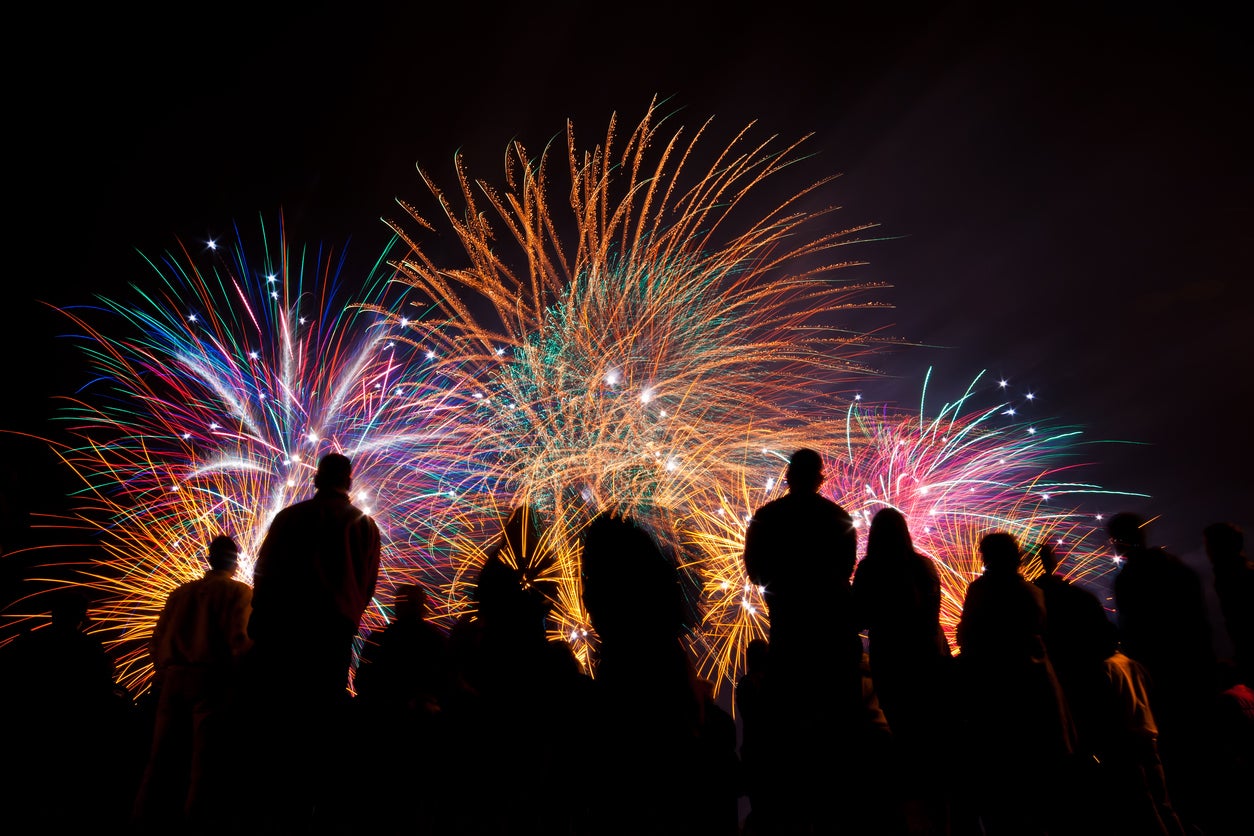Firework sales ‘soar’ as cash-strapped councils cancel Bonfire Night displays
Some councils bin events due to cost of living pressures
Firework sales have increased compared to last year as some city councils choose not to put on public displays, retailers have said.
Steve Raper, chairman of the British Firework Association, said sales at his own firm - Bright Star fireworks - were up between 30 and 50 per cent.
He said he thought transactions will have increased right across the industry as budgetary constraints force councils to scale back events.
Families deciding to pool together their money to hold their own displays and avoid travel and other costs amid the cost of living crisis could be another reason, he told The Independent.

The end of Covid-19 restrictions - enabling people to socialise more freely - could be another factor.
Manchester, Liverpool and Norwich city councils were among those who did not hold displays this year, citing concerns about costs.
Mr Raper’s comments came after people across the UK celebrated Halloween, which is celebrated every year on 31 October.
The name Halloween comes from All Hallows’ Eve, which marks the day before the Christian holiday of All Hallows’ Day, which is also known as All Saints’ Day.
All Saints’ Day is a feast day celebrated by Anglicans and Roman Catholics and is an opportunity for believers to remember saints and martyrs.
The holiday is associated with Christianity but its origins can be traced back to the pagan festival of Samhain, first celebrated by the Celts of ancient Europe.
Bonfire - or Guy Fawkes - night - is the annual commemoration of the foiling of the Gunpowder Plot, when 14 individuals planned to blow up the House of Lords during the State Opening of Parliament on 5 November 1605.
Guy Fawkes was among the group - led by Robert Catesby - who were trying to blow up parliament in an attempt to kill King James I.
The plot, however, was unsuccessful and people celebrate this every year on 5 November.
Join our commenting forum
Join thought-provoking conversations, follow other Independent readers and see their replies
Comments


Bookmark popover
Removed from bookmarks